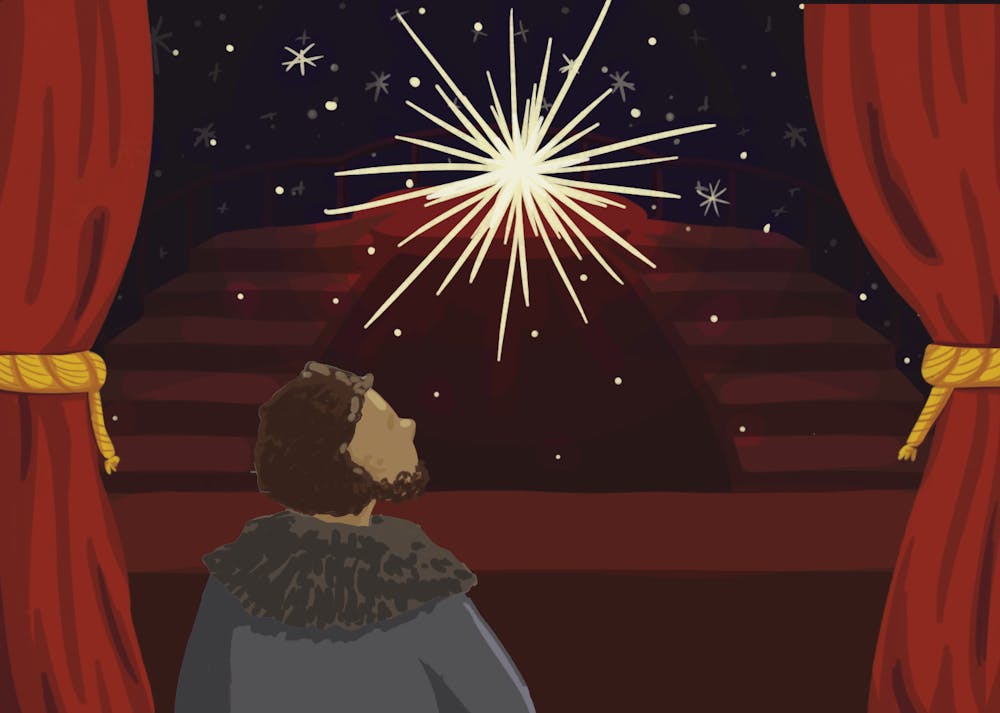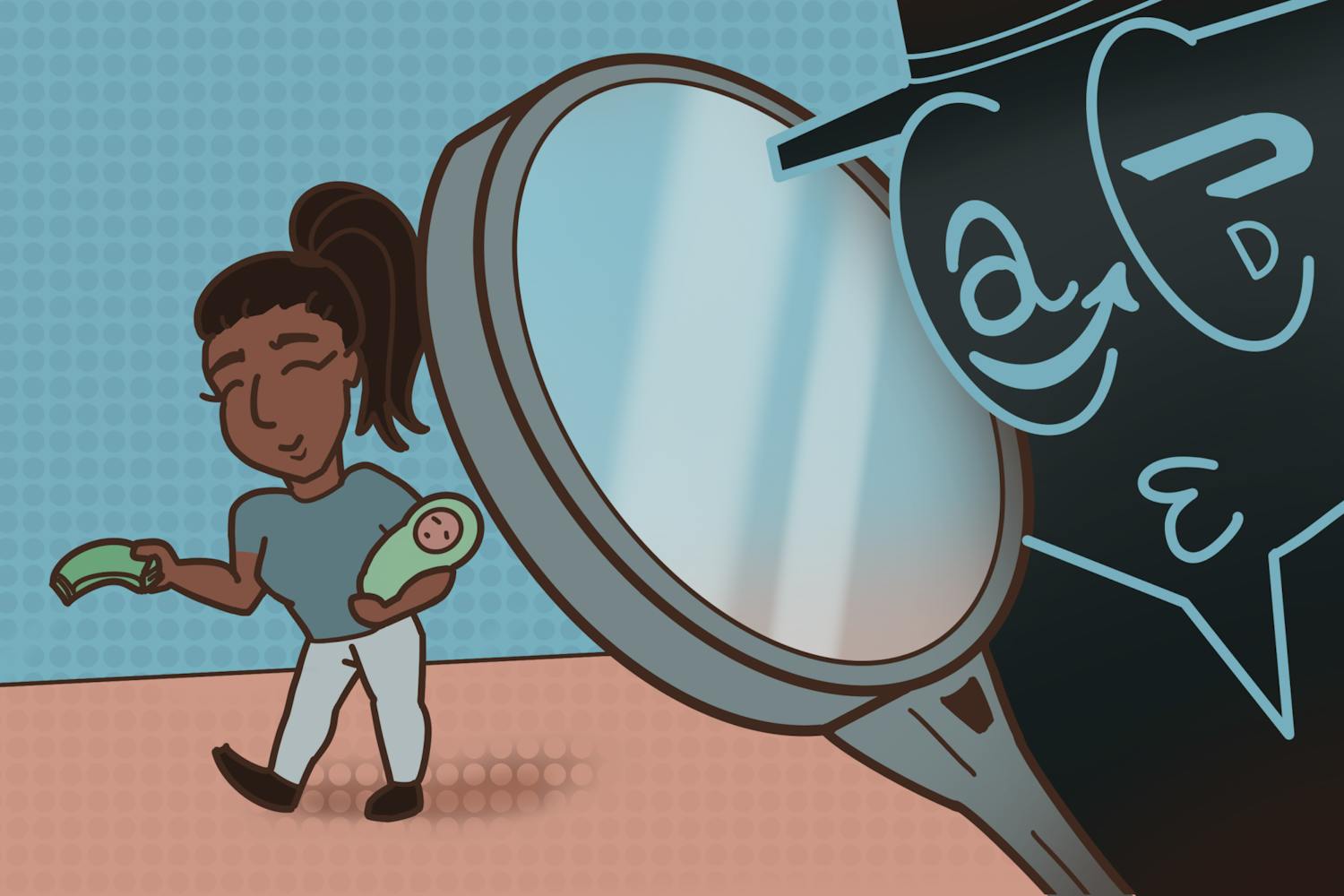On what planet does a musical based on "War and Peace" sound interesting?
Unless you're a die-hard fan of either musical theatre or classic Russian literature, the idea of sitting in a dark theater for two hours, being fed the plot of the most notoriously massive novel in history, may sound absolutely miserable.
But when I entered the Imperial Theatre in New York City in 2017, I was greeted not by a boring regurgitation of the text, but a vibrant, energetic and out-of-this-world performance that would change my life forever.
That musical is the Tony Award-winning "Natasha, Pierre & The Great Comet of 1812," also known as "The Great Comet."
With its brilliant score by Dave Malloy, who combines elements of Russian folk music, indie rock and EDM, as well as its visionary direction by Rachel Chavkin, "The Great Comet" invites you to get lost in its stylized world of a 19th century, war-ridden Russia.
For 17-year-old me, it was an experience that grabbed hold of my awkward, anxiety-ridden heart and has not let go since.
Adapted from a 70-page section of the novel, the musical follows the life of Natasha Rostova, a beautiful young ingenue who, while struggling with the absence of her fiancé, begins an affair with the charismatic and hedonistic Prince Anatole Kuragin.
This alone would be enough to make a captivating musical. However, the most captivating aspect of the plot isn’t the affair, nor does it have to do with Natasha.
Enter my favorite character, the sad nobleman, Pierre Bezukhov, played at the time, by Josh Groban.
Pierre is introduced during the opening number, where each character is established with a single word to describe their personality.
Everyone except for him.
"What about Pierre?" the ensemble sings. "Dear, bewildered and awkward Pierre? Rich, unhappily married Pierre?"
In a separate song, we learn he is depressed, has alcoholism and is undergoing an existential crisis during which he consumes philosophy and poetry.
Needless to say, teenage me felt an immediate connection. Let me be clear, I wasn’t a middle-aged aristocrat with alcoholism, trapped in a loveless marriage.
So how did I connect to this character so much?
At the end of act one, Pierre — having just drunkenly won a duel — sits down at a piano and begins to sing the song "Dust and Ashes," an emotional aria where he questions what is left for him.
At first, it seems Pierre is about to give up on life. But he suddenly wonders why he still cares about what happens to him, culminating in one of the most resonant lyrics of the entire performance.
"They say we are asleep, until we fall in love," he sings. "And I'm so ready to wake up now."
And just like that, teenage me was in tears.
Senior year of high school wasn't good for my mental health. I was in the rigorous International Baccalaureate program at a school that very much didn't understand my needs as a student with disability accommodations for severe OCD and anxiety.
Going into extremely difficult IB exams, I found myself stress-eating, crying almost every day and pulling all-nighters.
I spent every moment terrified, depressed and angry at who I had become and where I was.
Yet, in every dark moment, I found comfort in this story of eccentric Russians whose lives were even more chaotic than my own. As troubling as it may sound, I saw myself in Pierre and his desire to escape his spiral of fear and self-loathing.
At the end of the show, Pierre, still lost and afraid, wanders the streets of Moscow.
As he begins to cry, he suddenly looks up and sees the Great Comet of 1812 lighting up the sky, visually represented by a series of specialized chandeliers lowering above the audience, glowing brighter until the light is nearly blinding.
The sight inspires Pierre, prompting him to forget his fear for a moment and allow himself to feel uplifted, for the first time in a while.
And for me, I found myself feeling the same way.
"The Great Comet" may have closed later that year, but its impact continued to uplift and inspire me. I graduated with my IB diploma and forged ahead, beginning college with a renewed passion I never thought I would have.
"Natasha, Pierre & the Great Comet of 1812" is more than just a musical to me.
It's a lasting light in the dark sky reminding me, no matter how cold and scary the world may feel, in the end I will be OK.
Reach the reporter at nmdelga3@asu.edu and follow @DelGoada on Twitter.
Like The State Press on Facebook and follow @statepress on Twitter.
Continue supporting student journalism and donate to The State Press today.




